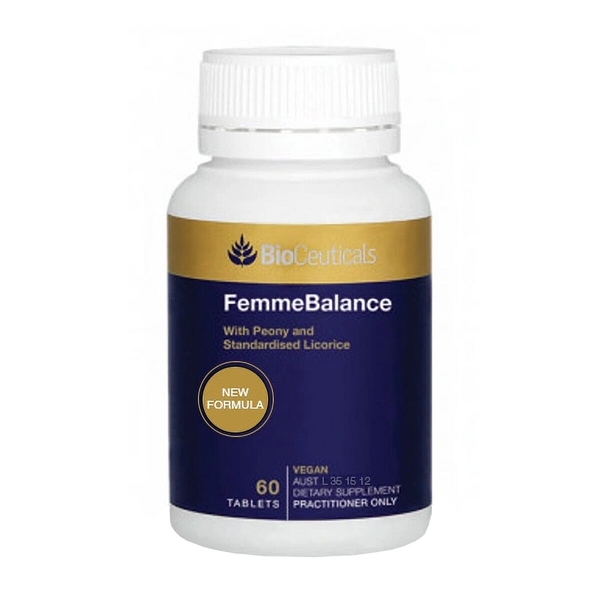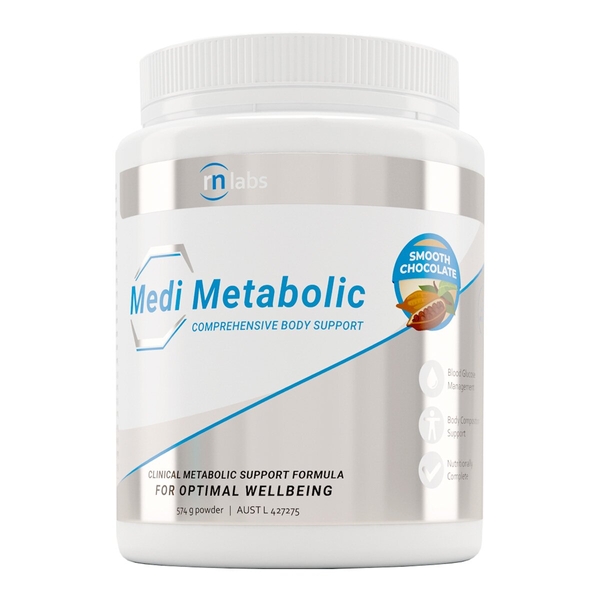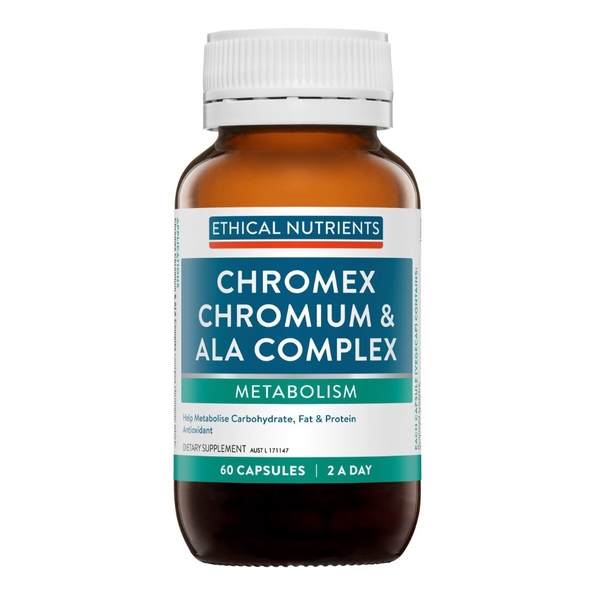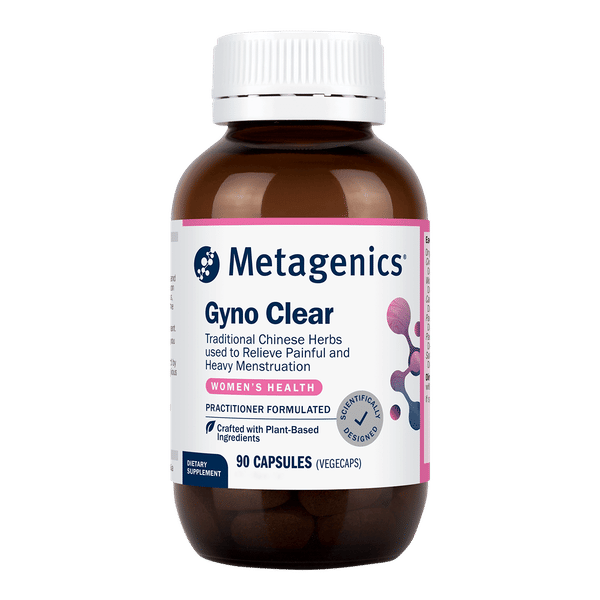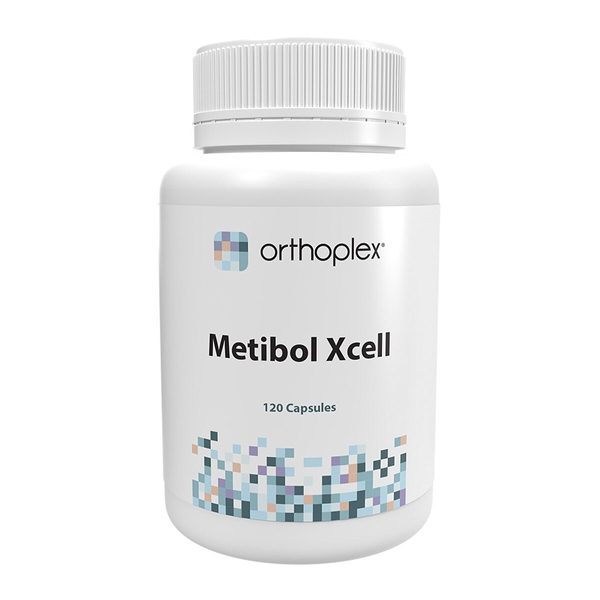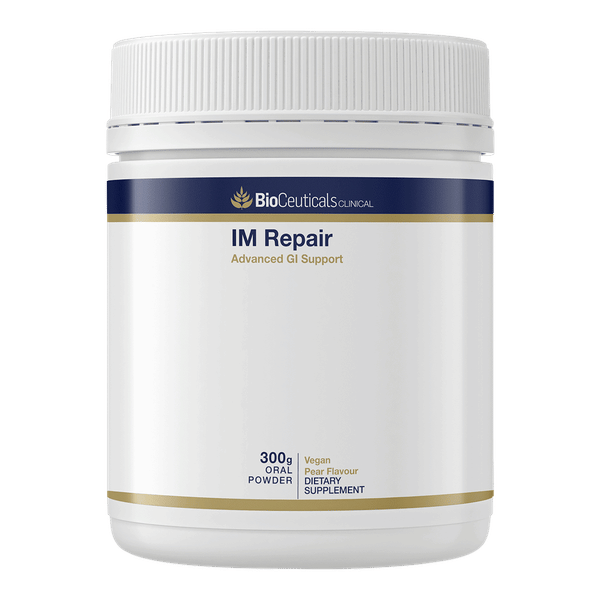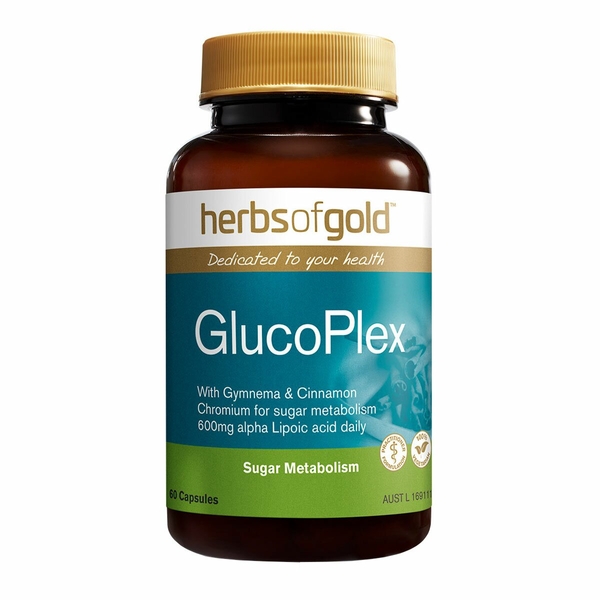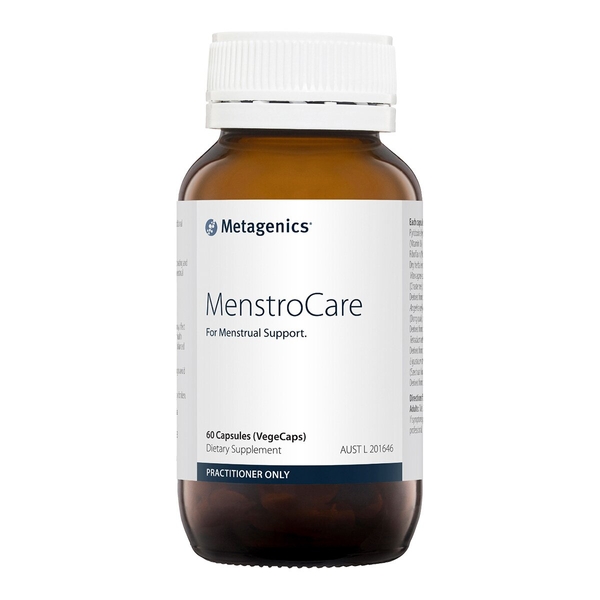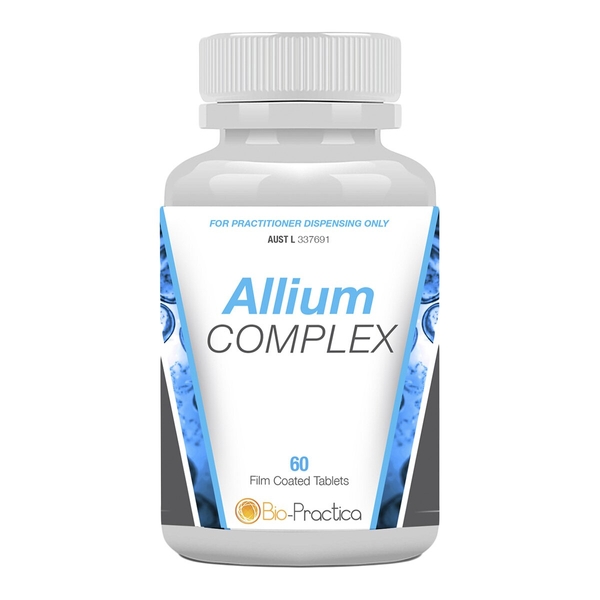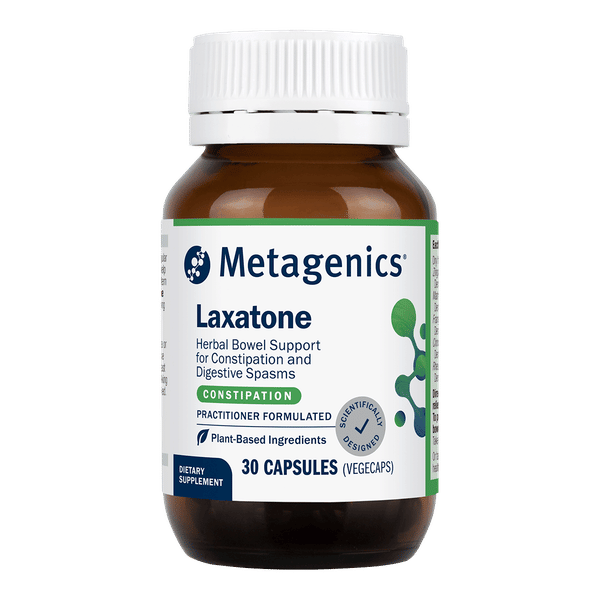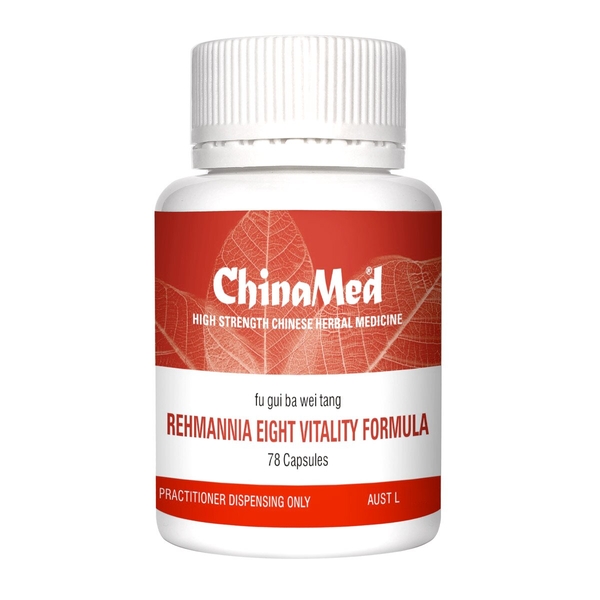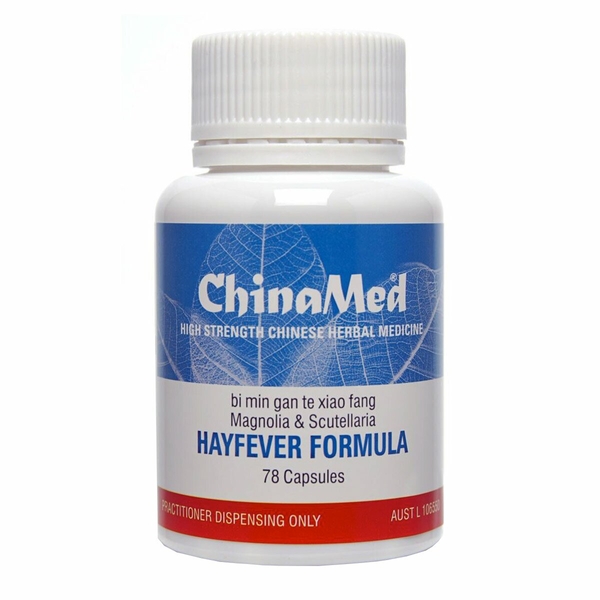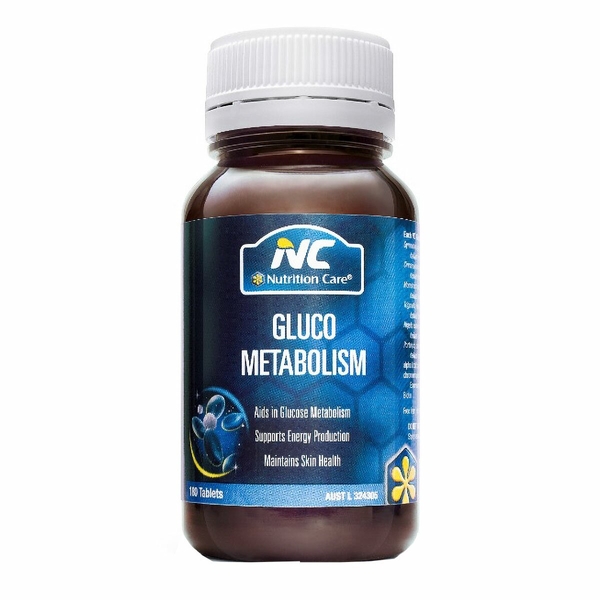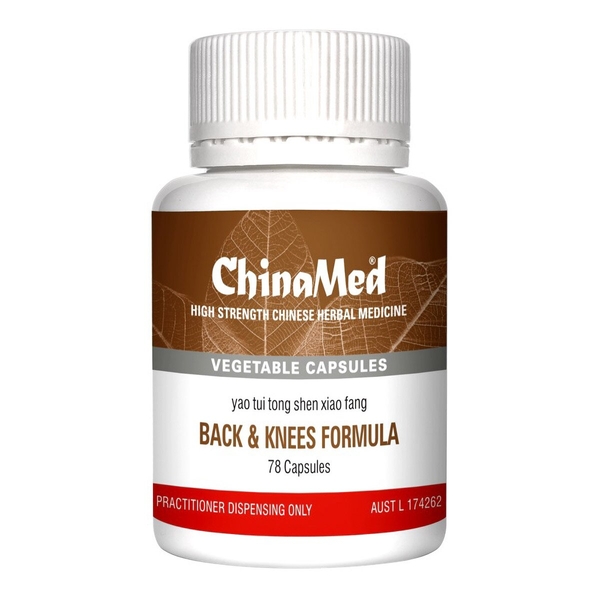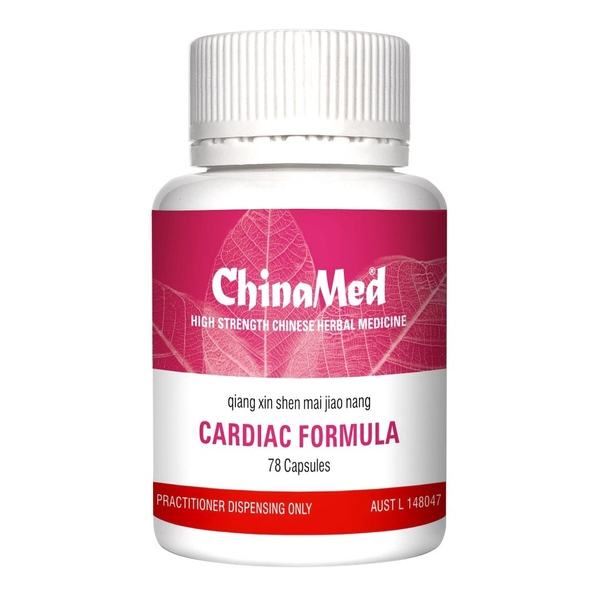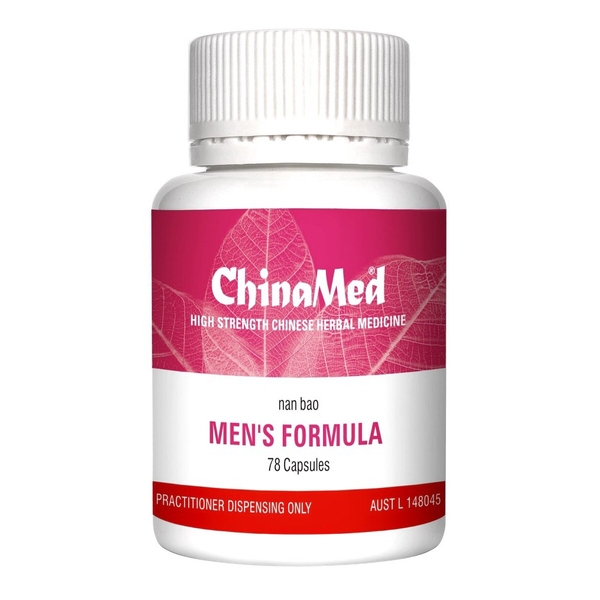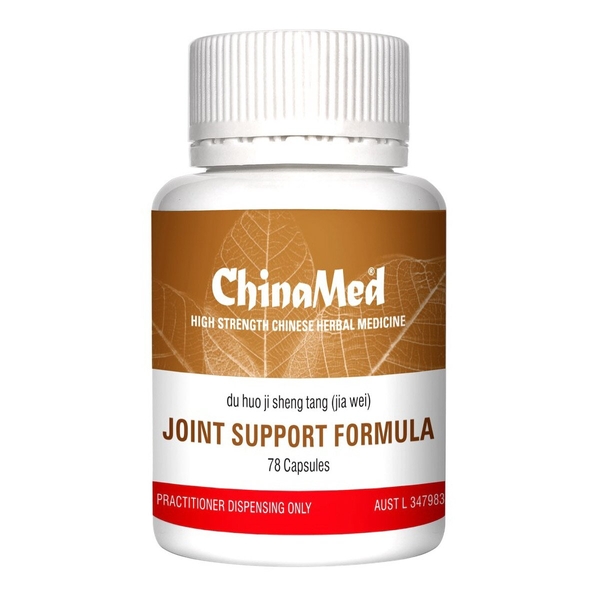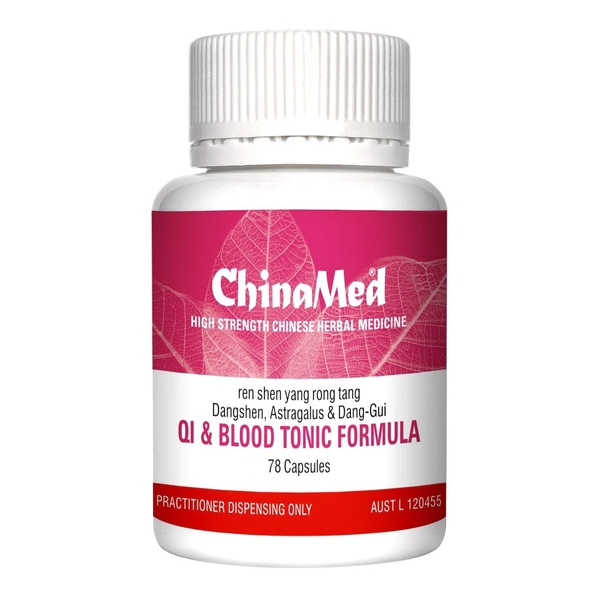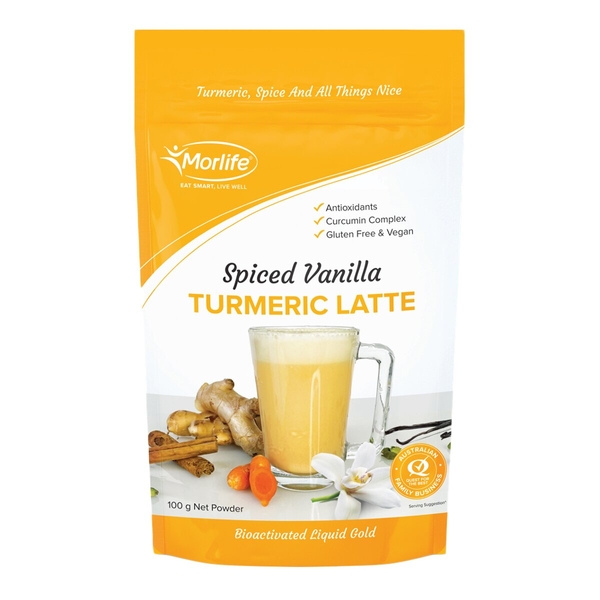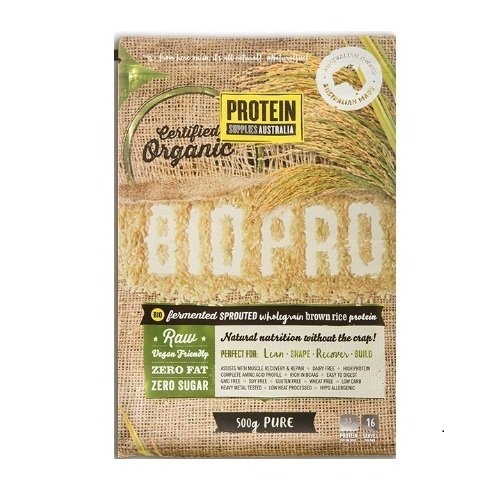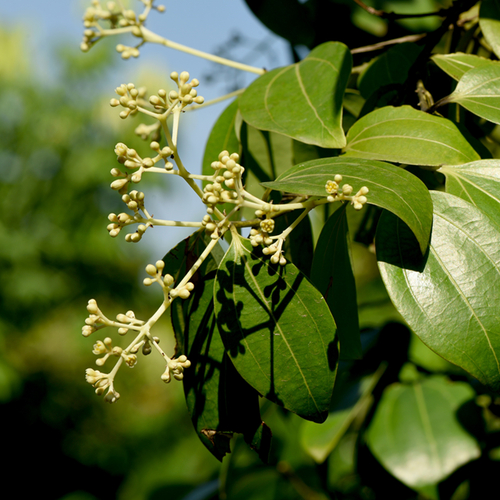
Cassia cinnamon
Scientific names: Cinnamomum aromaticum, Cinnamomum cassia
Family: Lauraceae
Alternate names: Bastard Cinnamon, Canela de Cassia, Canela de la China, Canela Molida, Canelero Chino, Canelle, Cannelle Bâtarde, Cannelle Cassia, Cannelle de Ceylan, Cannelle de Chine, Cannelle de Cochinchine, Cannelle de Padang, Cannelle de Saigon, Cannelier Casse, Cannelier de Chine, Canton Cassia, Casse, Casse Odorante, Cassia, Cassia Aromaticum, Cassia Bark, Cassia Lignea, Chinazimt, Chinese Cassia, Chinese Cinnamon, Chinesischer Zimtbaum, Cinnamomi Cassiae Cortex, Cinnamomum, Cinnamon, Cinnamon Essential Oil, Cinnamon Flos, Cinnamoni Cortex, Cinnamonomi Cortex, Cortex Cinnamomi, Écorce de Cassia, False Cinnamon, Fausse Cannelle, Gui Zhi, Huile Essentielle de Cannelle, Kassiakanel, Keishi, Laurier des Indes, Nees, Ramulus Cinnamomi, Rou Gui, Sthula Tvak, Taja, Zimbluten, Zimtcassie
Actions: Antibacterial, Anticancer, Antidiabetic, Antioxidant, Immunomodulating
Background
Cassia cinnamon (Cinnamomum aromaticum) is made from the dried inner bark of an evergreen tree. It's the most common type of cinnamon sold in North America.
Cassia cinnamon contains chemicals that seem to improve insulin sensitivity, which might help blood sugar control in people with diabetes. It also contains cinnamaldehyde. This chemical might help fight bacteria and fungi.
Cassia cinnamon is a very common spice and flavoring agent in foods. People sometimes use cassia cinnamon for diabetes, prediabetes, obesity, and many other conditions, but there is no good scientific evidence to support these uses.
Don't confuse cassia cinnamon with other types of cinnamon, including Ceylon cinnamon, Indian cassia, Padang cassia, and Saigon cinnamon. Also don't confuse cassia cinnamon with other plants known as cassia, including cassia auriculata and cassia nomame. These are not the same.
Cassia cinnamon contains chemicals that seem to improve insulin sensitivity, which might help blood sugar control in people with diabetes. It also contains cinnamaldehyde. This chemical might help fight bacteria and fungi.
Cassia cinnamon is a very common spice and flavoring agent in foods. People sometimes use cassia cinnamon for diabetes, prediabetes, obesity, and many other conditions, but there is no good scientific evidence to support these uses.
Don't confuse cassia cinnamon with other types of cinnamon, including Ceylon cinnamon, Indian cassia, Padang cassia, and Saigon cinnamon. Also don't confuse cassia cinnamon with other plants known as cassia, including cassia auriculata and cassia nomame. These are not the same.
Safety Safety definitions
When taken by mouth: Cassia cinnamon is commonly consumed in foods. It is likely safe when used as medicine, short-term. Doses of 1-2 grams daily have been used safely for up to 3 months. Cassia cinnamon is possibly unsafe when taken in doses larger than 6 grams daily for a long period of time. Cassia cinnamon contains a chemical called coumarin. Taking large amounts of coumarin can cause liver damage in some people, especially those who have liver disease. But for most people, it shouldn't cause serious side effects.
When applied to the skin: Cassia cinnamon is possibly safe when used short-term. It might cause skin irritation and allergic skin reactions.
Children: Cassia cinnamon is possibly safe when taken by mouth appropriately. One gram of cassia cinnamon daily has been used safely in teens for up to 3 months.
Liver disease: Cassia cinnamon contains a chemical that might harm the liver. If you have liver disease, do not take cassia cinnamon in amounts larger than those normally found in food.
Perioperative: Cassia cinnamon might lower blood sugar and might interfere with blood sugar control during and after surgery. Stop taking cassia cinnamon as a medicine at least 2 weeks before a scheduled surgery.
When applied to the skin: Cassia cinnamon is possibly safe when used short-term. It might cause skin irritation and allergic skin reactions.
Special Precautions & Warnings:
Pregnancy and breast-feeding: Cassia cinnamon is commonly consumed in foods. There isn't enough reliable information to know if cassia cinnamon is safe to use in larger amounts while pregnant or breast-feeding. Stay on the safe side and stick to food amounts.Children: Cassia cinnamon is possibly safe when taken by mouth appropriately. One gram of cassia cinnamon daily has been used safely in teens for up to 3 months.
Liver disease: Cassia cinnamon contains a chemical that might harm the liver. If you have liver disease, do not take cassia cinnamon in amounts larger than those normally found in food.
Perioperative: Cassia cinnamon might lower blood sugar and might interfere with blood sugar control during and after surgery. Stop taking cassia cinnamon as a medicine at least 2 weeks before a scheduled surgery.
Effectiveness
Effective Effectiveness definitions
There is interest in using cassia cinnamon for a number of purposes, but there isn't enough reliable information to say whether it might be helpful.
Dosing & administration
Cassia cinnamon is commonly used in foods as a spice and flavoring agent.
As medicine, cassia cinnamon powder has most often been used by adults in doses ranging from 120 mg daily up to 6 grams daily for up to 4 months. Speak with a healthcare provider to find out what dose might be best for a specific condition.
As medicine, cassia cinnamon powder has most often been used by adults in doses ranging from 120 mg daily up to 6 grams daily for up to 4 months. Speak with a healthcare provider to find out what dose might be best for a specific condition.
Interactions with pharmaceuticals
Medications for diabetes (Antidiabetes drugs)
Interaction Rating=Moderate Be cautious with this combination.
Cassia cinnamon might lower blood sugar levels. Taking cassia cinnamon along with diabetes medications might cause blood sugar to drop too low. Monitor your blood sugar closely.
Medications that can harm the liver (Hepatotoxic drugs)
Interaction Rating=Moderate Be cautious with this combination.
Taking large doses of cassia cinnamon might harm the liver. Some medications can also harm the liver. Taking large doses of cassia cinnamon along with a medication that can harm the liver might increase the risk of liver damage.
Interactions with herbs & supplements
Herbs and supplements that might harm the liver: Taking large amounts of cassia cinnamon might harm the liver. Taking it with other supplements that can also harm the liver might increase the risk of liver damage. Examples of supplements with this effect include garcinia, greater celandine, green tea extract, kava, and kratom.
Herbs and supplements that might lower blood sugar: Cassia cinnamon might lower blood sugar. Taking it with other supplements with similar effects might lower blood sugar too much. Examples of supplements with this effect include aloe, bitter melon, chromium, and prickly pear cactus.
Herbs and supplements that might lower blood sugar: Cassia cinnamon might lower blood sugar. Taking it with other supplements with similar effects might lower blood sugar too much. Examples of supplements with this effect include aloe, bitter melon, chromium, and prickly pear cactus.
Interactions with foods
There are no known interactions with foods.
Products
View all productsPer tablet:
- Cinnamomum cassia (Cinnamon) ext. 66.7 mg equiv. cassia oil 666.7 µg equiv. coumarin 3.33 µg
- Glycyrrhiza glabra ext. 142.9 mg
- Paeonia lactiflora ext. 150 mg
- Taraxacum officinale ext. 150 mg
- Pyridoxine hydrochloride (Vitamin B6) 30.4 mg equiv. pyridoxine 25 mg
- Pyridoxal 5-phosphate monohydrate (P5P) 39.2 mg equiv. pyridoxine 25 mg
- Myo-inositol 200 mg
Practitioner product
Per 41 g (Smooth Chocolate):
- Cinnamomum cassia (Cinnamon) ext. 300 mg
- Pisum sativum ext. 5 g
- Saccharum officinarum (Sugarcane fibre) 4 g
- Ascorbic acid (Vitamin C) 250 mg
- Hydroxocobalamin (Vitamin B12) 200 μg
- Cholecalciferol 10 μg equiv. vitamin D3 400 IU
- Zinc citrate dihydrate 46.74 mg equiv. zinc 15 mg
- Oryza sativa ext. 15 g
- Glutamine 1.5 g
- Glycine 2 g
- Myo-inositol 1.25 g
- Taurine 500 mg
- Choline bitartrate 100 mg
- Thiamine hydrochloride (Vitamin B1) 21.6 mg equiv. thiamine 17 mg
- Riboflavin 5-phosphate sodium (Activated B2) 6.6 mg equiv. riboflavin 5 mg
- Nicotinamide (Vitamin B3) 50 mg
- Calcium pantothenate (Vitamin B5) 164 mg equiv. pantothenic acid 150 mg
- Pyridoxal 5-phosphate (P5P) 15.7 mg equiv. pyridoxine 10 mg
- Levomefolate glucosamine (Activated folate) 357 μg equiv. levomefolic acid 200 μg
- Biotin 50 μg
- Calcified lithothamnion (Red algae) 156 mg equiv. calcium 50 mg
- Magnesium citrate 330.46 mg equiv. magnesium 50 mg
- Manganese gluconate 8.12 mg equiv. manganese 1 mg
- Selenomethionine 123 μg equiv. selenium 50 μg
- Molybdenum trioxide 73.8 μg equiv. molybdenum 50 μg
- Potassium iodide 65.6 μg equiv. iodine 50 μg
- Chromium nicotinate 196.8 μg equiv. chromium 24 μg
- Vaccinium myrtillus ext. 250 mg
- Silybum marianum ext. 150 mg
- Zingiber officinale ext. 135 mg
- Acetyl levocarnitine hydrochloride (Acetyl-L-carnitine) 200 mg
Practitioner product
RRP: $38.50$30.80Save: 20%
Sold out
Create account
Due back 11/04
Practitioner product
Per capsule:
Practitioner product
Per 5 g (Pear):
Practitioner product
Per capsule:
- Cinnamomum cassia (Cinnamon) ext. 66.67 mg
- Gymnema sylvestre ext. 100 mg
- Trigonella foenum-graecum ext. 4 mg
- Alpha lipoic acid 200 mg
- Nicotinamide (Vitamin B3) 35 mg
- Chromium chloride hexahydrate 256.3 µg equiv. chromium 50 µg
- Chromium picolinate 133.5 µg equiv. chromium 16.6 µg
- Cholecalciferol (Vitamin D3) 8.3 µg equiv. vitamin D 333 IU
- Zinc amino acid chelate 50 mg equiv. zinc 10 mg
RRP: $56.00$44.80Save: 20%
OOS at supplier
Create account
return unknown
Per capsule:
- Cinnamomum cassia (Cinnamon) ext. 55 mg
- Vitex agnus-castus ext. 70 mg
- Angelica polymorpha ext. 70 mg
- Paeonia lactiflora ext. 55 mg
- Glycyrrhiza uralensis ext. 55 mg
- Tetradium ruticarpum ext. 70 mg
- Ligusticum striatum ext. 55 mg
- Epimedium sagittatum ext. 55 mg
- Zingiber officinale ext. 55 mg
- Pyridoxine hydrochloride (Vitamin B6) 10 mg equiv. pyridoxine 8.23 mg
- Riboflavin (Vitamin B2) 5 mg
Practitioner product
Practitioner product
Practitioner product
Per capsule:
Practitioner product
Per capsule:
- Cinnamomum cassia (bark) (Rou Gui) ext. 22.387 mg
- Magnolia liliflora ext. 37.312 mg
- Morus alba ext. 37.312 mg
- Mentha haplocalyx ext. 37.312 mg
- Chrysanthemum sinense ext. 29.85 mg
- Angelica dahurica ext. 22.387 mg
- Scutellaria baicalensis ext. 22.387 mg
- Xanthium sibiricum ext. 22.387 mg
- Anemone altaica ext. 22.387 mg
- Schizonepeta tenuifolia ext. 22.387 mg
Practitioner product
Per tablet:
$49.95
OOS at supplier
Create account
return unknown
Per capsule:
- Cinnamomum cassia (bark) (Rou Gui) ext. 19.5 mg
- Loranthus parasiticus ext. 32.7 mg
- Rehmannia glutinosa ext. 32.7 mg
- Paeonia lactiflora ext. 32.7 mg
- Angelica pubescens ext. 26.1 mg
- Ligusticum striatum ext. 19.5 mg
- Cyathula officinalis ext. 19.5 mg
- Eucommia ulmoides ext. 19.5 mg
- Angelica polymorpha ext. 19.5 mg
- Notopterygium incisum ext. 19.5 mg
- Chaenomeles speciosa ext. 19.5 mg
- Dipsacus asper ext. 19.5 mg
- Cyperus rotundus ext. 13.2 mg
Practitioner product
Per capsule:
- Cinnamomum cassia (Cinnamon) ext. 13.95 mg
- Panax ginseng ext. 37.32 mg
- Ophiopogon japonicus ext. 37.32 mg
- Salvia miltiorrhiza ext. 37.32 mg
- Curcuma longa ext. 27.99 mg
- Schisandra chinensis ext. 27.99 mg
- Trichosanthes kirilowii ext. 27.99 mg
- Pinellia ternata ext. 27.99 mg
- Citrus aurantium ext. 27.99 mg
- Allium macrostemon ext. 18.63 mg
- Santalum album ext. 15.51 mg
Practitioner product
Per capsule:
- Cinnamomum cassia (bark) (Rou Gui) ext. 9.27 mg
- Astragalus membranaceus ext. 46.41 mg
- Rehmannia glutinosa ext. 46.41 mg
- Epimedium sagittatum ext. 37.11 mg
- Morindae officinalis ext. 37.11 mg
- Cynomorium songaricum ext. 37.11 mg
- Cyperus rotundus ext. 27.84 mg
- Anemone altaica ext. 18.57 mg
- Polygala sibirica ext. 15.45 mg
- Schizandra chinensis ext. 15.45 mg
- Panax ginseng ext. 9.27 mg
Practitioner product
Per capsule:
- Cinnamomum cassia (bark) (Rou Gui) ext. 9 mg
- Codonopsis pilosula ext. 21 mg
- Poria cocos ext. 21 mg
- Angelica pubescens ext. 18 mg
- Gentiana macrophylla ext. 18 mg
- Loranthus parasiticus ext. 21 mg
- Eucommia ulmoides ext. 18 mg
- Cyathula officinalis ext. 18 mg
- Achyranthes bidentata ext. 18 mg
- Angelica polymorpha ext. 18 mg
- Ligusticum wallichii ext. 18 mg
- Rehmannia glutinosa ext. 18 mg
- Paeonia lactiflora ext. 19.5 mg
- Clematis chinensis ext. 18 mg
- Cynanchum stauntonii ext. 19.5 mg
- Glycyrrhiza uralensis ext. 9 mg
Practitioner product
Per capsule:
- Cinnamomum cassia (bark) (Rou Gui) ext. 7.5 mg
- Astragalus membranaceus ext. 37.5 mg
- Paeonia lactiflora ext. 30 mg
- Rehmannia glutinosa ext. 30 mg
- Codonopsis pilosula ext. 30 mg
- Atractylodes macrocephala ext. 30 mg
- Angelica polymorpha ext. 22.5 mg
- Poria cocos ext. 22.5 mg
- Ziziphus jujuba ext. 22.5 mg
- Citrus reticulata ext. 15 mg
- Schizandra chinensis ext. 15 mg
- Polygala sibirica ext. 12.51 mg
- Zingiber officinale ext. 12.51 mg
- Glycyrrhiza uralensis ext. 12.48 mg
Practitioner product
Per 5 g (Spiced Vanilla):
- Cinnamomum spp. (Cinnamon)
- Piper nigrum ext.
- Vanilla planifolia (Vanilla bean)
- Curcuma longa equiv. curcuminoids 553 mg
- Natural flavours
- Zingiber officinale ext.
- Elettaria cardamomum
- Medium Chain Triglycerides (powder) (MCT)
- Sunflower lecithin
- Xanthan gum
- Acacia sp. (fibre)
RRP: $21.95$18.66Save: 15%
Create account
RRP: $52.95$43.96Save: 17%
Create account
vital.ly has licensed monographs from TRC Healthcare.
This monograph was last reviewed on 18/11/2024 11:00:00 and last updated on 30/07/2020 22:23:17. Monographs are reviewed and/or updated multiple times per month and at least once per year.
Natural Medicines disclaims any responsibility related to medical consequences of using any medical product. Effort is made to ensure that the information contained in this monograph is accurate at the time it was published. Consumers and medical professionals who consult this monograph are cautioned that any medical or product related decision is the sole responsibility of the consumer and/or the health care professional. A legal License Agreement sets limitations on downloading, storing, or printing content from this Database. No reproduction of this monograph or any content from this Database is permitted without written permission from the publisher. It is unlawful to download, store, or distribute content from this site.

